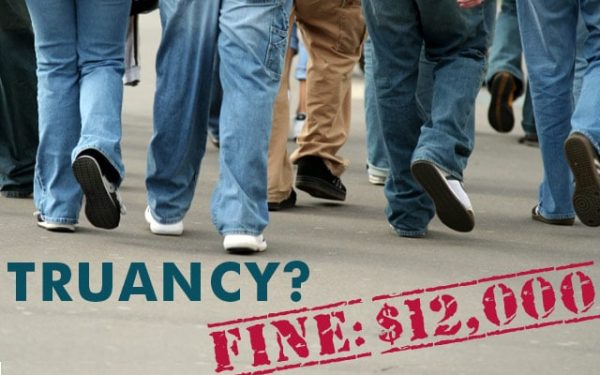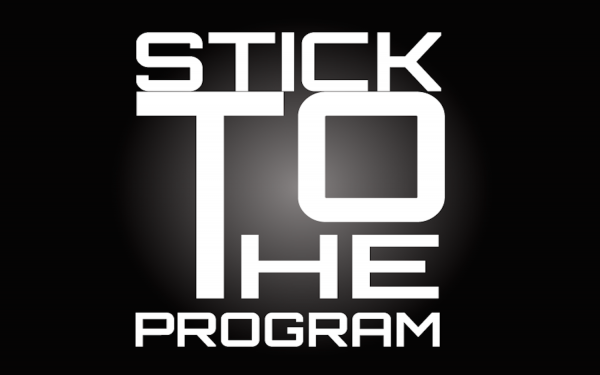This post was originally published by How Life Works
By Dusty Wunderlich
Planning Ahead for Your Career
Students usually attend college to get better jobs and increase their earning potential. At least that’s how the system is supposed to work.
Thanks to a concept known as “educational arbitrage,” this system is no longer paying off for college grads. Institutions have created an imbalance in labor markets between the supply of qualified candidates and the demand for them. This, in turn, is causing more and more graduates to take jobs that aren’t worth the money they spent on their degrees.
Students need to correct this imbalance (and save themselves from moving back in with their parents) by rethinking their entire approach to higher education.
What is educational arbitrage?
In economics, “arbitrage” means taking advantage of price differences between markets. “Educational arbitrage” means students are paying more in tuition for degrees that aren’t producing positive returns on their investments.
From 2010 to 2020, 19 million more people in America will hold bachelor’s degrees than they do today. That sounds good until you consider this: In that same time period, only 7 million new jobs will require degrees. Already, 48 percent of degree holders work jobs that don’t require a four-year degree.
These figures point to a fact that’s often ignored: Not all universities and degrees are created equal. The labor market rewards private school graduates and engineering majors more than public school grads and arts majors. Someone who graduates with a degree in engineering from the University of California-Berkeley stands to make $1.1 million more than a regular high school grad after 20 years, while an arts major who attends Murray State University actually comes out$147,000 behind someone with only a high school education.
Here’s the cost of doing (and learning) business.
Fixed-rate student loans from the government don’t differentiate between student borrowers, regardless of institution or major — but labor markets do. The Berkeley engineer and the Murray State artist face the same loan payments and interest rates, regardless of job prospects or earning potential.
Students don’t take time to understand labor markets and the potential ROI from the degrees they desire and the institutions they attend. As discussed earlier, nearly half of all college graduates today don’t hold positions that require degrees anyway, so why pay hundreds of thousands of dollars for something that doesn’t increase your earnings?
Hack the educational system.
To make the most of your earning potential, take a hard look at what you stand to gain from college, and see which path is right for you:
1. Decide whether college will help you reach personal goals. Plenty of careers have great earning potential without the need for a degree. Today, 15 percent of taxi drivers have college degrees. In 1970, that figure was less than 1 percent. When your money isn’t being siphoned into loan payments, even a smaller income can feel much more substantial. Don’t become a negative statistic by landing a mountain of debt for a job that doesn’t require it.
2. Don’t follow your heart; follow the numbers. Pick a handful of careers that interest you, then research the earning potential of those careers and look at their career growth estimates. TheBureau of Labor Statistics provides all of the information you need.
3. Research your institutions. Don’t just pick the college with the prettiest flyer or the best campus life — take time to research your degree program at different universities. PayScaleprovides a great database that shows what your ROI will be for different programs and schools.
Universities charge the same amount of money for every degree. If you pay top dollar for something that won’t increase your earning potential, you might find yourself struggling to make loan payments down the road. Do your research, and make the wiser choice to maximize your earning potential.
Read the full article here.


